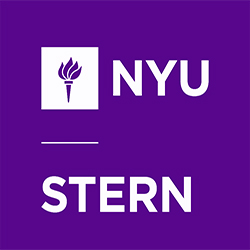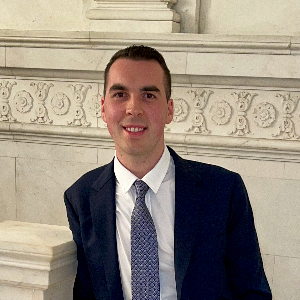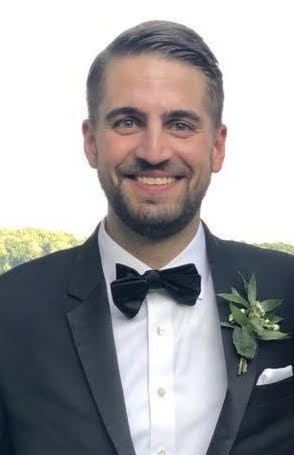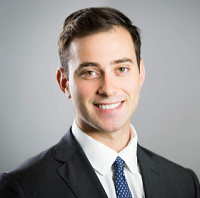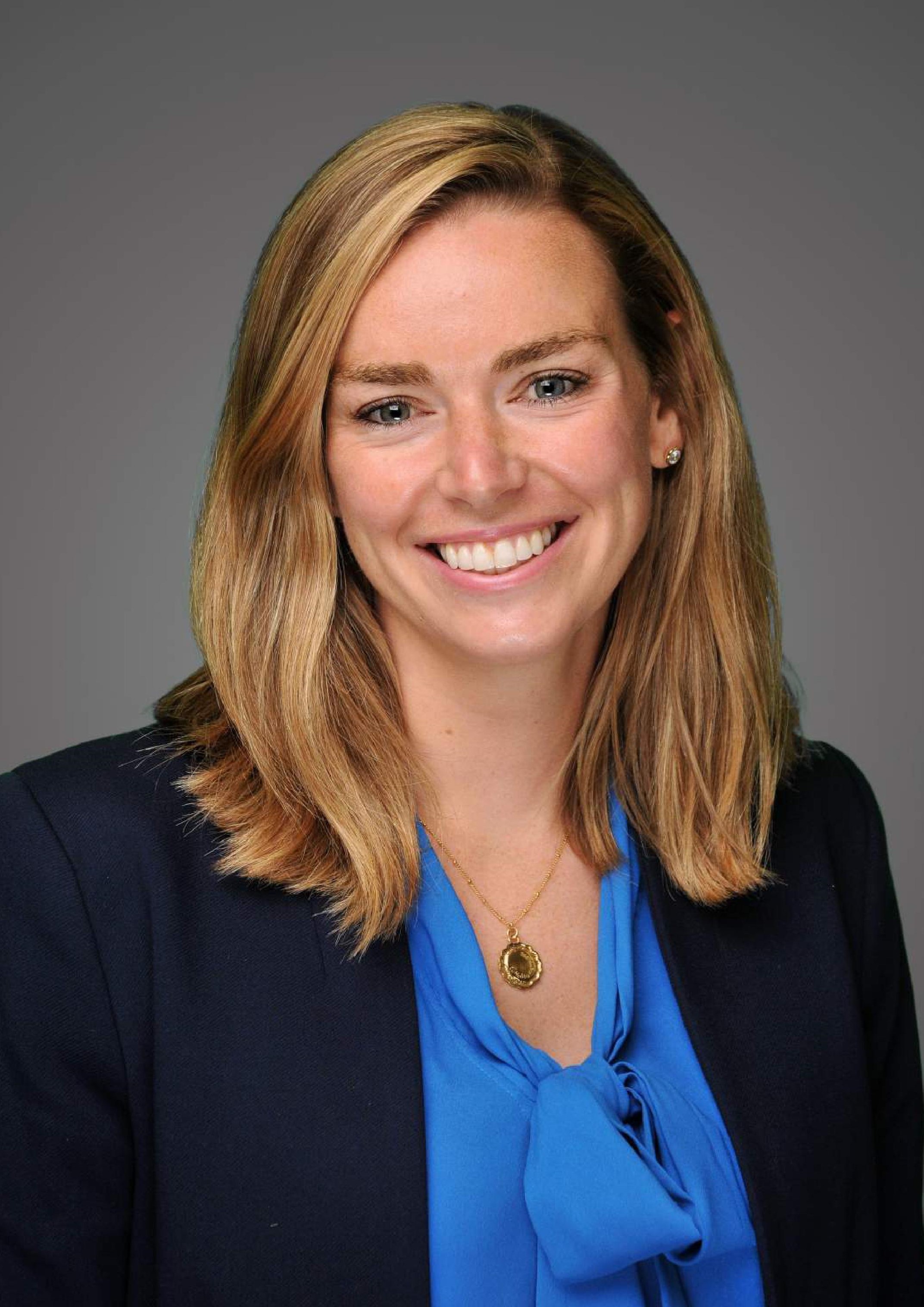 Mara Walsh is an MBA2 specializing in Marketing and Leadership & Change Management. Prior to Stern, Mara spent four years working in merchandising at Abercrombie & Fitch, followed by two years in digital marketing at Wayfair. In addition to serving as a Graduate Ambassador, Mara served as a VP of Alumni Relations for Stern’s Management Consulting Association (MCA), VP of Admissions for the Graduate Marketing Association (GMA), and a Block Leader. Mara originally hails from Wilmington, DE and received her undergraduate degree from the University of Notre Dame. Following graduation, Mara plans to join Deloitte as a Senior Consultant in its NYC office.
Mara Walsh is an MBA2 specializing in Marketing and Leadership & Change Management. Prior to Stern, Mara spent four years working in merchandising at Abercrombie & Fitch, followed by two years in digital marketing at Wayfair. In addition to serving as a Graduate Ambassador, Mara served as a VP of Alumni Relations for Stern’s Management Consulting Association (MCA), VP of Admissions for the Graduate Marketing Association (GMA), and a Block Leader. Mara originally hails from Wilmington, DE and received her undergraduate degree from the University of Notre Dame. Following graduation, Mara plans to join Deloitte as a Senior Consultant in its NYC office.
It’s hard to believe that as I type this post, I am just two short weeks away from graduating with my MBA from Stern. As I look back at my time here, I am overcome with gratitude for the people I’ve met and the things I’ve experienced. Before my time at Stern is done, I wanted to share some advice on how to make the most of your experience here.
- Join (a) professional club(s): I can’t say enough about how much professional clubs like MCA and GMA helped with the process of finding an internship last year. MCA’s “bootcamp” and study groups taught me and my classmates everything there is to know about case interviews, something I had no exposure to before Stern! GMA does an incredible job preparing students for behavioral interviews during “Mock Madness,” a week-long pre-interview bootcamp in mid-January. We have a special culture of paying it forward here at Stern, meaning that MBA2s really step up to help MBA1s achieve success in the internship recruiting process. I think professional clubs also offer a great opportunity to connect with classmates- I personally met some of my best friends from Stern during the fall of my first semester as I prepared for interviews.
- Take courses that challenge you: One of the great things about business school is that many MBA programs (including Stern) have grade non-disclosure policies, meaning that employers cannot know a student’s GPA until a full-time offer has been extended. Though it is important to stay on top of your schoolwork and maintain a certain GPA to be in good standing at Stern, the grade non-disclosure policy gives students the opportunity to take risks academically. For me, that meant challenging myself by taking quant and data analytics courses that aren’t necessarily in my wheelhouse, such as Data Driven Decision Making, Decision Models & Analytics, and Corporate Finance. Though these courses were difficult at times, I feel more prepared for my post-graduate career thanks to the skills I learned from them.
- Participate in experiential learning opportunities: I would recommend that any incoming student take at least one experiential learning course during their time at Stern; they are incredible opportunities to learn from senior executives and business leaders and explore NYC and other parts of the world. During the spring of my first year at Stern, I took the Branding & Innovation Consulting Lab course with Fran Gormley, an adjunct professor of Marketing. The course was an amazing opportunity to take on a brand strategy project for a real client, National Geographic, and meet with senior executives from the company on a weekly basis. I learned so much from Professor Gormley about branding and interacting with clients that I will take into my career as a consultant.
- Get to know your classmates! Of every suggestion on this list, this might be the most important. A big reason many people get an MBA is to build their network, and my Stern experience has certainly done that. More importantly though, I’ve built so many amazing friendships with my Stern classmates and made memories that will last a lifetime. From studying for finals and preparing for interviews to exploring NYC and traveling the world, most of the highlights of my Stern experience have involved spending time with and getting to know my classmates. Getting an MBA can be a lot of work, but don’t forget to prioritize relationship building during your time here.
- Take advantage of what NYC has to offer: Getting an MBA in the heart of NYC is academically, professionally, and socially rewarding. Take advantage of the resources at your disposal by attending guest lectures and club conferences, taking experiential learning courses that get you out into the city, and learning from professors at the top of their fields. In the midst of all that, don’t forget to have fun! Take a break from homework and interview prep and use your free time to go to a museum, attend a free taping of a late night talk show, stroll through Central Park, or see a Broadway musical. Many clubs will subsidize tickets to fun events and shows in the city, which makes it easier to enjoy NYC on a full-time student budget.
Best of luck to any incoming or prospective students reading this! Applying to business school can be an intimidating and stressful process; it certainly was for me, but I couldn’t be happier that I chose to take the plunge and get my MBA here at Stern.
